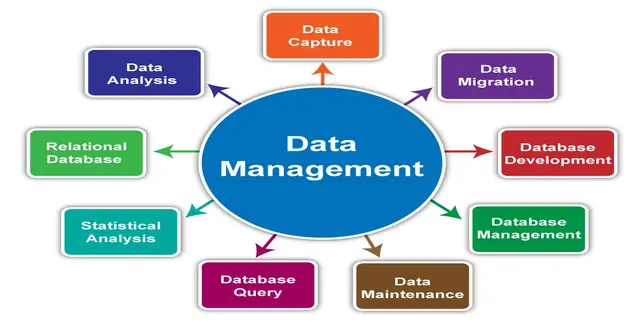Effective data management is essential for any firm hoping to use information to its advantage. The correct database management solutions can improve productivity, simplify processes, and offer insightful data. This blog post will define database management tools and go over the top 12 tools that are suggested for efficient database management. We provide both complete database management software and customer database software, depending on your needs.
What are Database Management Tools?
Software programs known as database management tools let users build, maintain, and work with databases. These tools are made to simplify data administration duties, guarantee data integrity, and enable data retrieval. They facilitate several operations, including data administration, data updating, data retrieval, and storage. To keep data environments in small and large firms efficient, secure, and well-organized, database management solutions are necessary.
12 Top Recommended Database Management Tools
1. MySQL
One of the most widely used open-source database management systems globally is MySQL. It is well known for being scalable, dependable, and simple to use. MySQL is compatible with a large number of applications, including logging, e-commerce, and data warehousing. For developers and companies searching for reliable and effective database management solutions, it is a great option.
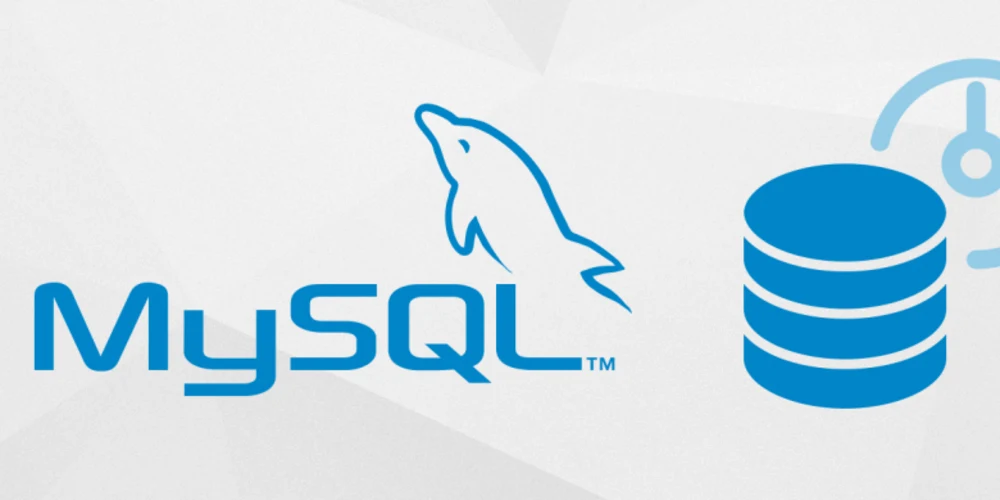
Key Features:
- Supports large databases up to several terabytes
- Comprehensive data security features
- High performance and scalability
- Cross-platform support
2. SQL Server Management Studio (SSMS)
Microsoft created SQL Server Management Studio, a potent tool for managing, administering, and configuring SQL Server databases. Database administrators and developers can access SQL Server through SSMS, which combines a variety of powerful script editors with a wide range of graphical capabilities.

Key Features:
- Intuitive user interface
- Advanced data management capabilities
- Integrated SQL Server Profiler
- Robust reporting and analytics tools
3. Oracle RDBMS
The popular database management system Oracle RDBMS is renowned for its sophisticated features and functionalities. It is well-known for its dependability and performance and is made for large-scale applications. massive businesses select Oracle RDBMS because it can handle complicated queries and massive datasets.
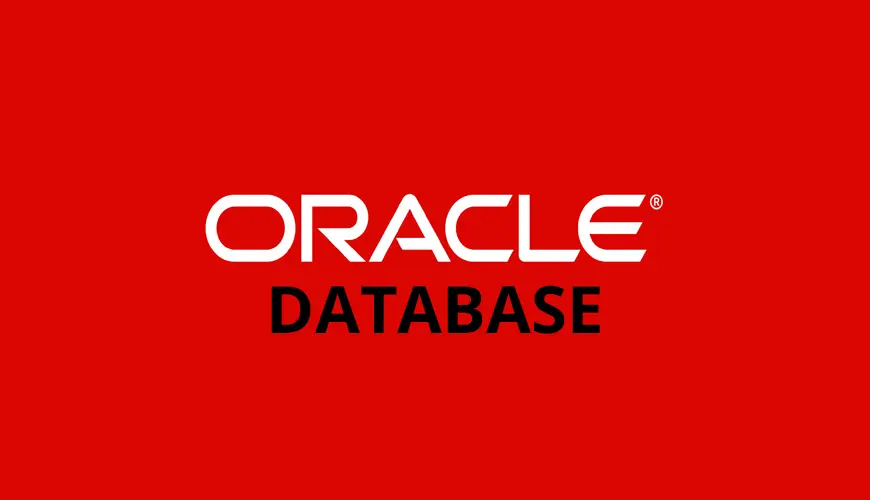
Key Features:
- High availability and disaster recovery options
- Comprehensive security features
- Advanced data warehousing capabilities
- Scalable and flexible architecture
4. Salesforce
Strong database management features are also available on Salesforce, a well-known customer relationship management (CRM) platform. It is intended to support companies in managing sales, marketing, and customer data. Salesforce gives organizations a consolidated picture of all client interactions, fostering stronger customer ties and spurring expansion.
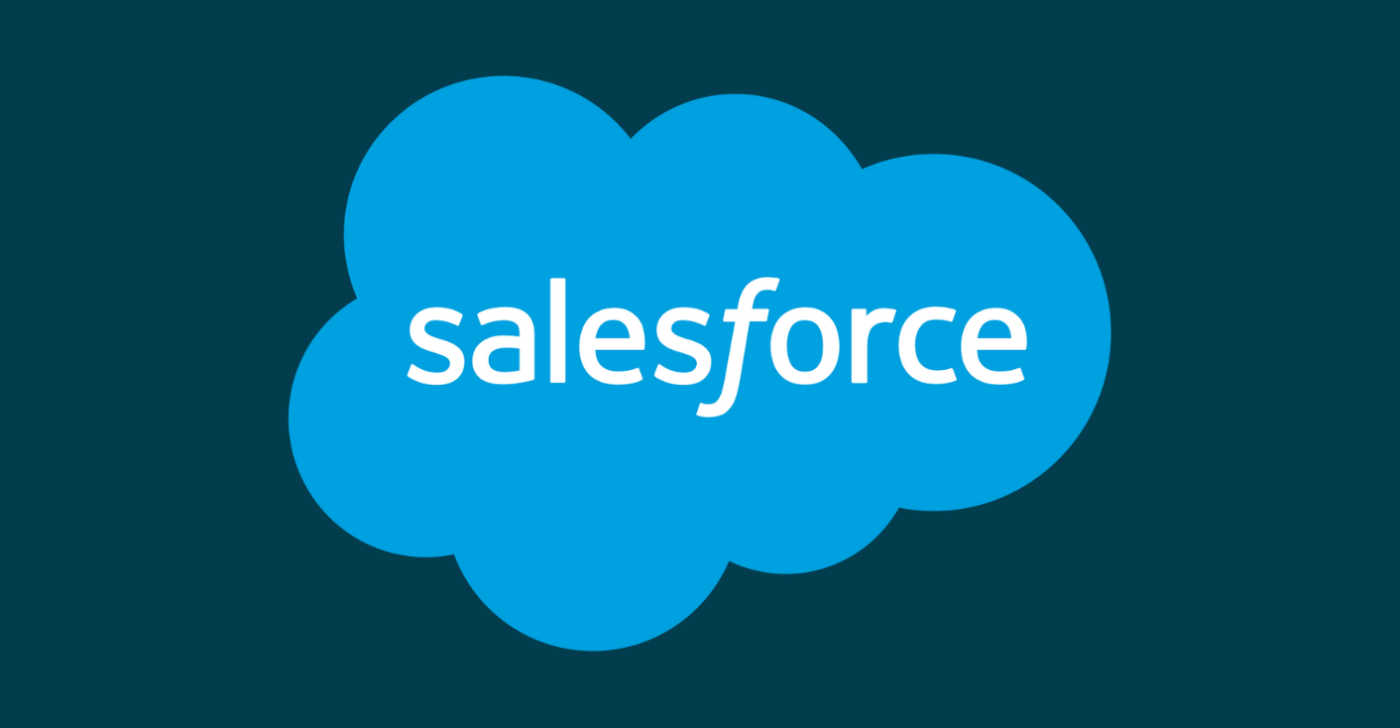
Key Features:
- Integrated CRM and database management
- Customizable dashboards and reports
- Automation of sales and marketing processes
- Cloud-based and accessible from anywhere
5. DevOps
The management and automation of application development and deployment requires the use of DevOps tools. Throughout the software development lifecycle, these solutions guarantee effective database management by fostering collaboration between the development and operations teams. Docker, Kubernetes, and Jenkins are popular DevOps tools.
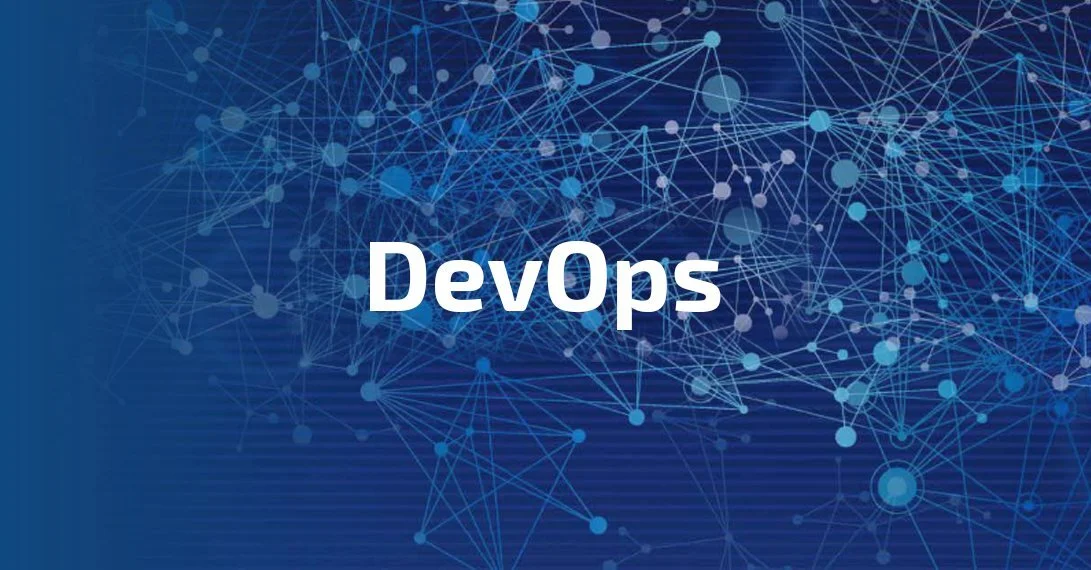
Key Features:
- Continuous integration and continuous deployment (CI/CD)
- Automated testing and monitoring
- Scalability and flexibility
- Enhanced collaboration and communication
6. Visual Studio Code
Microsoft created Visual Studio Code, a potent open-source code editor. It has a wide range of programming language support and extensive extension customization. Visual Studio Code has extensions available for database administration that facilitate smooth database integration and give a unified programming environment.
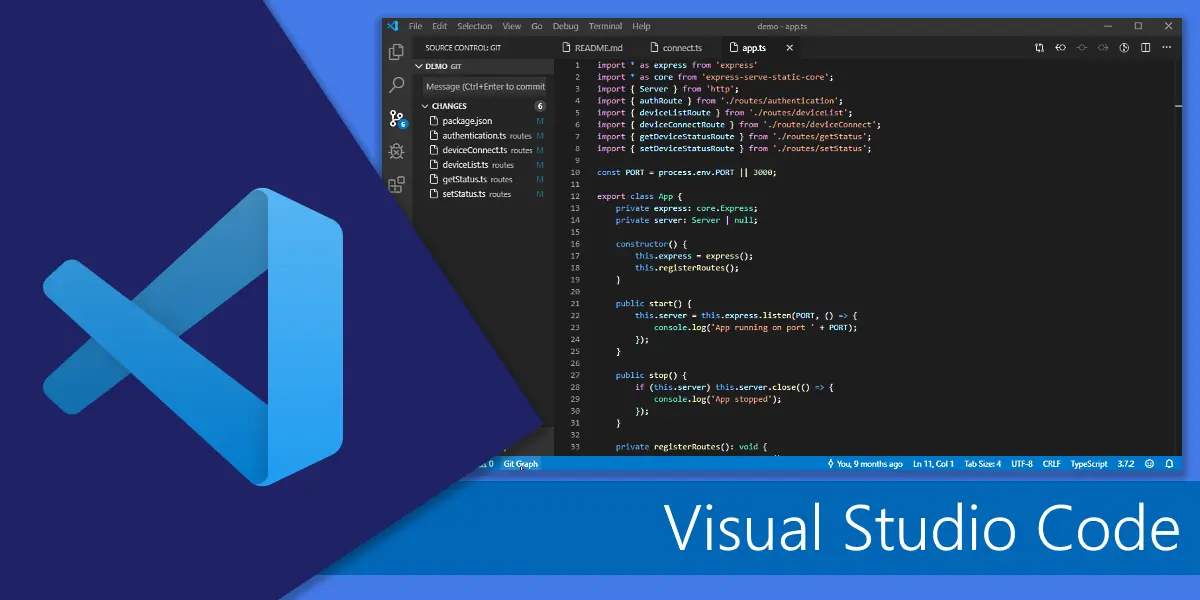
Key Features:
- Integrated terminal and debugger
- Extensions for database management
- IntelliSense for code completion and error checking
- Cross-platform support
7. EMS SQL Management Studio for SQL Server
For managing SQL Server databases, EMS SQL Management Studio provides a full toolkit. It offers robust graphical user interfaces for data editing, database design, query creation, and administration. For database administrators and developers who require sophisticated features and functionalities, this tool is perfect.
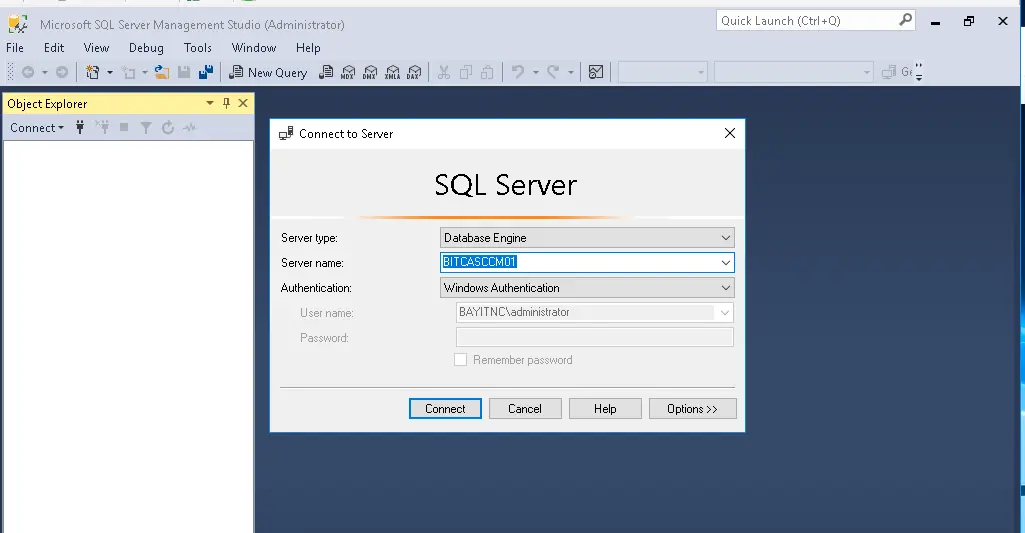
Key Features:
- Visual database designer
- Advanced data import and export options
- Comprehensive query builder
- Backup and restore functionalities
8. phpMyAdmin
An open-source, free program called phpMyAdmin is made in PHP and is intended to manage MySQL and MariaDB databases. It offers an easy-to-use online interface that makes database maintenance duties simpler. Web developers and administrators frequently use phpMyAdmin to manage databases via a browser.
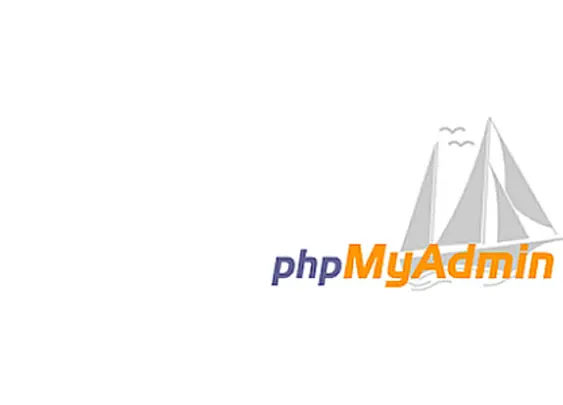
Key Features:
- Web-based interface
- Database export and import capabilities
- SQL query execution and editing
- User management and permissions control
9. Tools That Provide Sufficient Access
Users can efficiently query, update, and administer databases when they have access to database administration tools. Database interactions are facilitated by these tools, which include graphical user interfaces (GUI) and command-line interfaces (CLI). DBeaver, Navicat, and MySQL Workbench are a few examples.
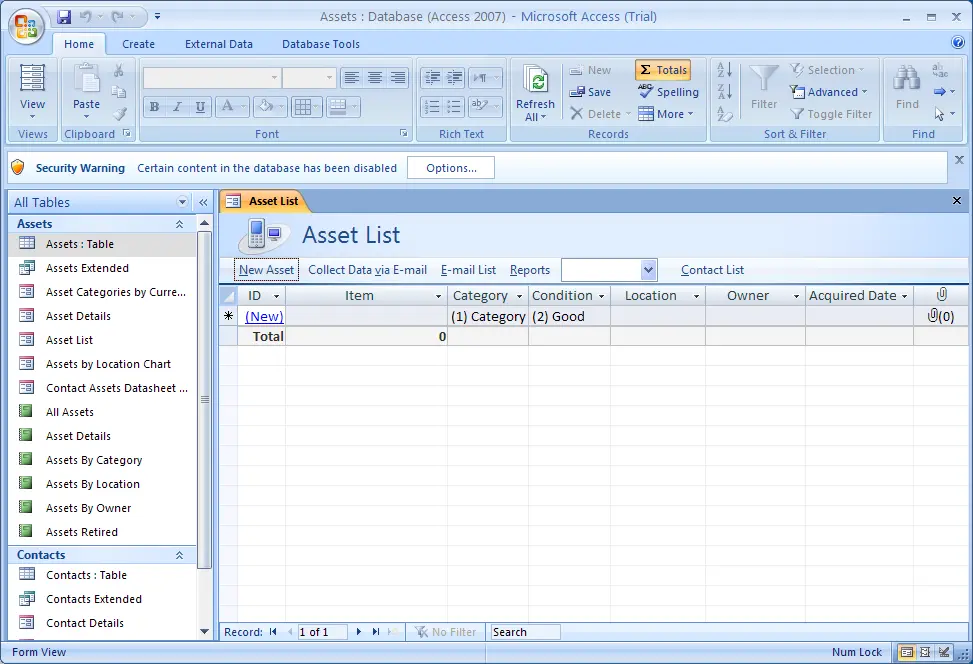
Key Features:
- Comprehensive database access and control
- Query builders and editors
- Data visualization and reporting
- Cross-platform support
10. Frameworks That Let You Consume, Query, and Analyze Data Sources
Large datasets can be handled using frameworks like Apache Hadoop and Apache Spark, which also offer strong querying, analysis, and consumption capabilities. These frameworks are necessary for analytics and big data applications.
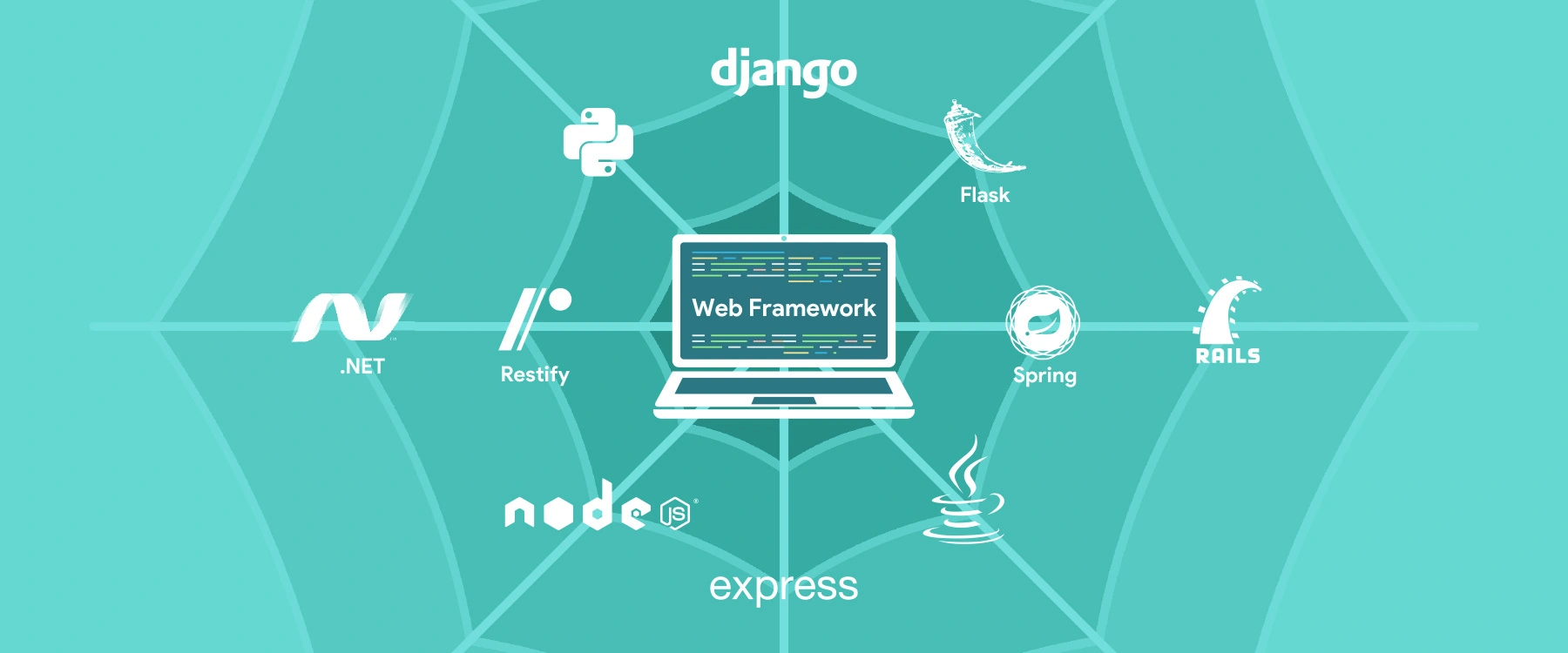
Key Features:
- Distributed computing capabilities
- Advanced data processing and analysis
- Integration with various data sources
- Scalability and flexibility
11. Appropriate Systems for Your Dataset Size
For optimal performance and efficiency, select the database management system that is appropriate for the size of your dataset. Scalable systems that can manage different data volumes, from small datasets to huge, complicated databases, are provided by tools like PostgreSQL, MongoDB, and Amazon RDS.
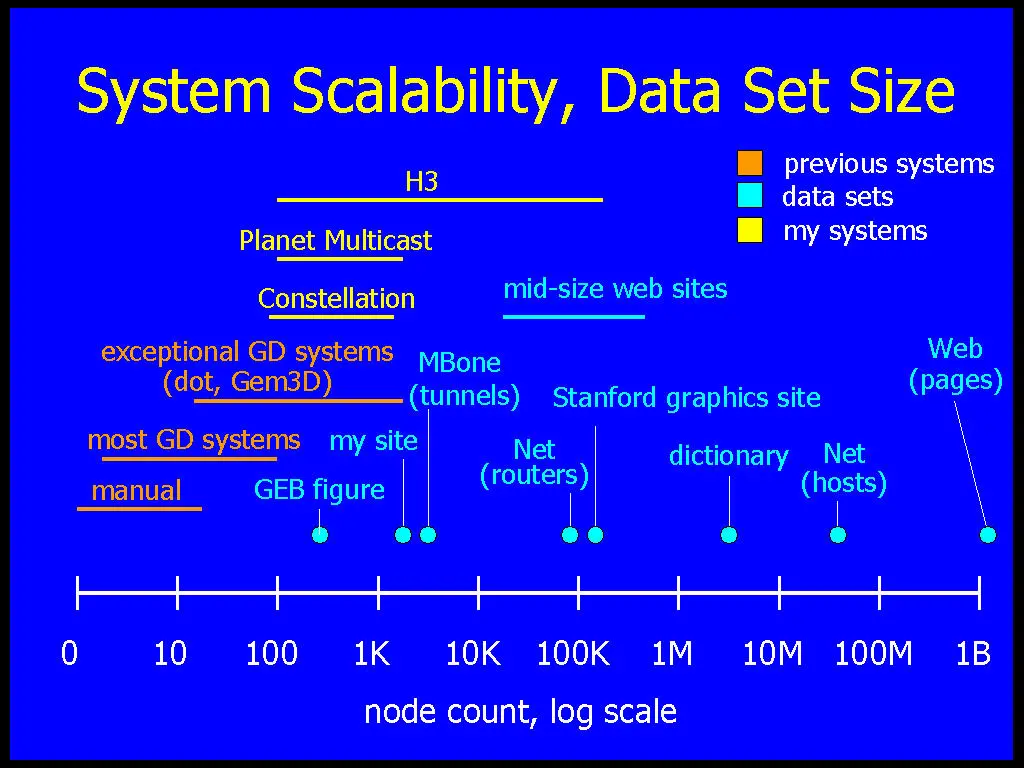
Key Features:
- Scalability and flexibility
- High performance for large datasets
- Robust security features
- Comprehensive data management capabilities
12. Database Collaboration Networks
Collaborating with numerous users to share, update, and manage databases is made easier via database collaboration networks. Database administration duties are made easier and productivity is increased by the collaborative capabilities offered by tools such as Asana and Airtable.

Key Features:
- Real-time collaboration
- Data sharing and synchronization
- Task management and workflow automation
- User-friendly interfaces
Conclusion
Effective and efficient data management depends on selecting the appropriate database management solutions. The 12 tools this blog post highlights provide a variety of features and functionalities to fulfill different database administration requirements. These technologies can assist you in reaching your objectives, regardless of whether you're searching for customer database software or all-inclusive database administration software.
Are you prepared to improve your database management skills? Look through these highly suggested tools to choose which one is ideal for your company. Try On Wave Group today for additional information and resources on database management, and keep up with the most recent developments in the field's tools and trends.
